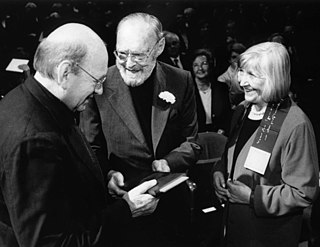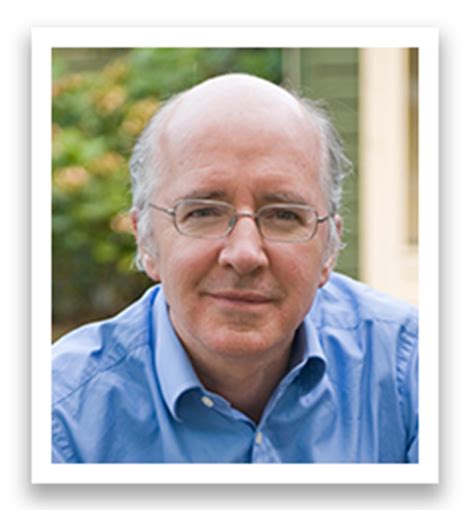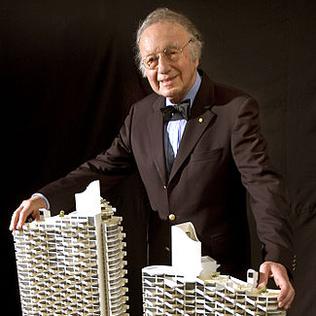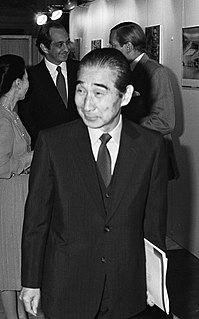A Quote by Bernd Becher
As time went by we developed a sort of ideology without ever formulating it as such. I've always said that we are documenting the sacred buildings of Calvinism. Calvinism rejects all forms of art and therefore never developed its own architecture. The buildings we photograph originate directly from this purely economical thinking.
Related Quotes
There was a time in our past when one could walk down any street and be surrounded by harmonious buildings. Such a street wasn't perfect, it wasn't necessarily even pretty, but it was alive. The old buildings smiled, while our new buildings are faceless. The old buildings sang, while the buildings of our age have no music in them.
I graduated from Wesleyan University with a b.a. in art. I was really headed toward an architecture degree, but when I did the requirements for the major, I realized I was more interested in how people live in buildings than in making buildings. I was more interested in the interactions that happened inside the structures. So I got an art degree as a default position.
I graduated from Wesleyan University with a B.A. in art. I was really headed toward an architecture degree, but when I did the requirements for the major, I realized I was more interested in how people live in buildings than in making buildings. I was more interested in the interactions that happened inside the structures.
Science is much closer to myth than a scientific philosophy is prepared to admit. It is one of the many forms of thought that have been developed by man, and not necessarily the best. It is conspicuous, noisy, and impudent, but it is inherently superior only for those who have already decided in favour of a certain ideology, or who have accepted it without ever having examined its advantages and its limits.







































